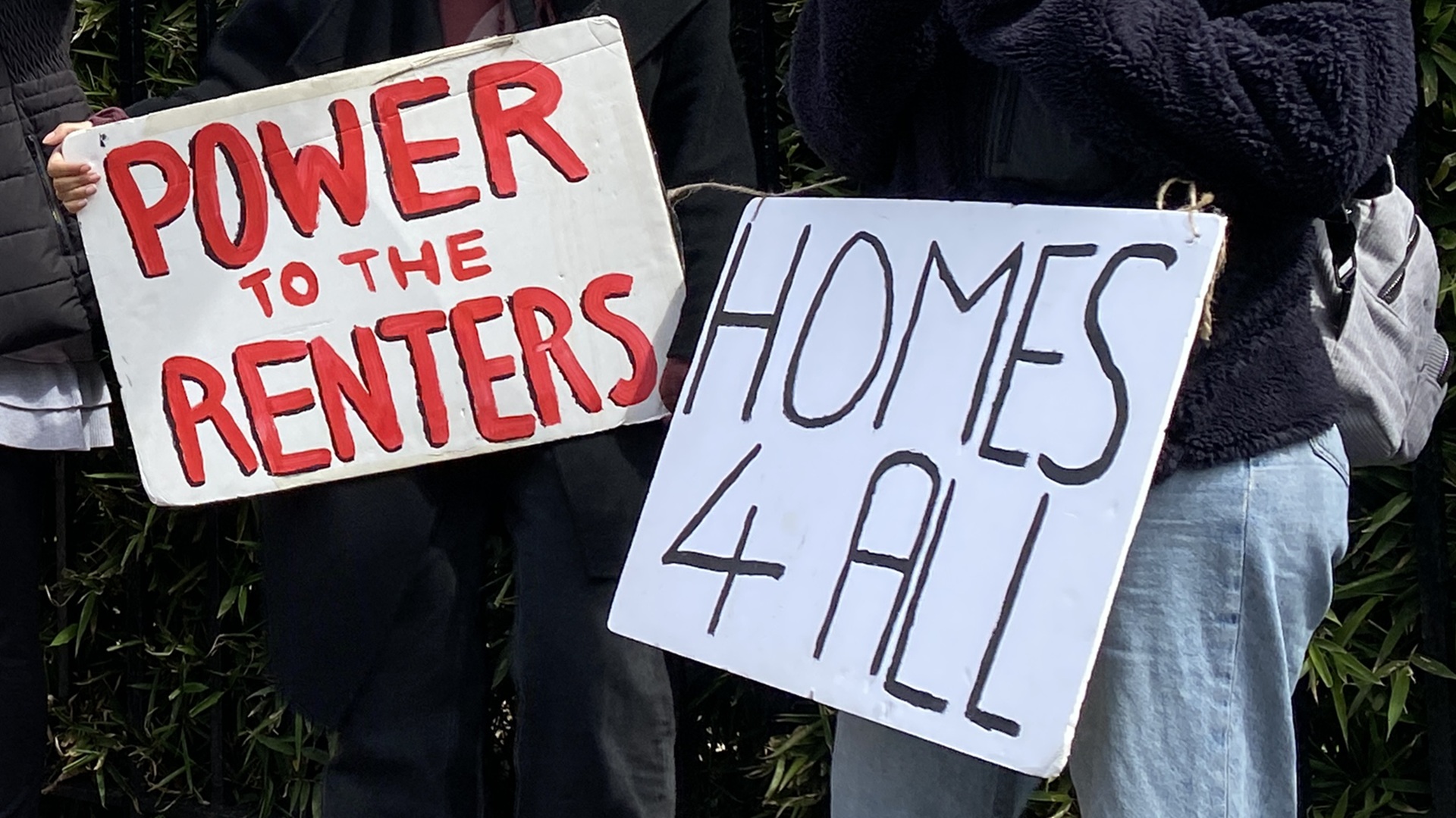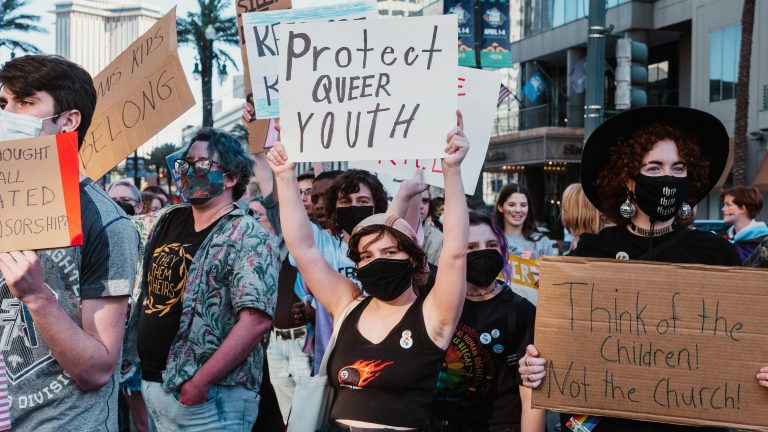By the time we reach a certain age, many of us imagine a stable lifestyle. Retirement cheques rolling in, sandy beaches, cottage homes. But Jackie, who has a disability and lives alone, is experiencing a major upheaval. Just this month, her landlord issued her a section 21 ‘no fault’ eviction notice, giving her two months’ notice to leave her flat.
Like most renters who have faced a section 21, she was shocked. But she’s not alone. July to September this year saw the highest section 21 court claims since 2016. That’s 8,425 households facing an eviction, through no fault of their own.
Thankfully, after a decade of campaigning, the government’s Renters’ Rights Bill will end section 21 evictions for good, giving tenants like Jackie much greater security. The government also plans to double notice periods when being evicted, introduce new protected periods from eviction and establish a landlord database that will improve lives and prevent homelessness, among other things.
- Renters’ Rights Bill ‘can’t come soon enough’ as Section 21 eviction claims at eight-year high
- Labour’s rent reforms will cost landlords just £22 a year – but some say that’s still too much
But, while this is undoubtedly a moment of celebration for renters across England and for the groups who have campaigned tirelessly on this issue, there is one area the bill does not address.
Chris is 68 and lives alone. His total income only just about covers his rent. “The rest of the money goes on food,” he says. “I haven’t bought clothes in years.”
Chris’s story is, unfortunately, too familiar. Millions of renters are struggling to keep up with soaring rents. Recent Office for National Statistics figures showed rent inflation is at 8.4%, almost double wage growth.










